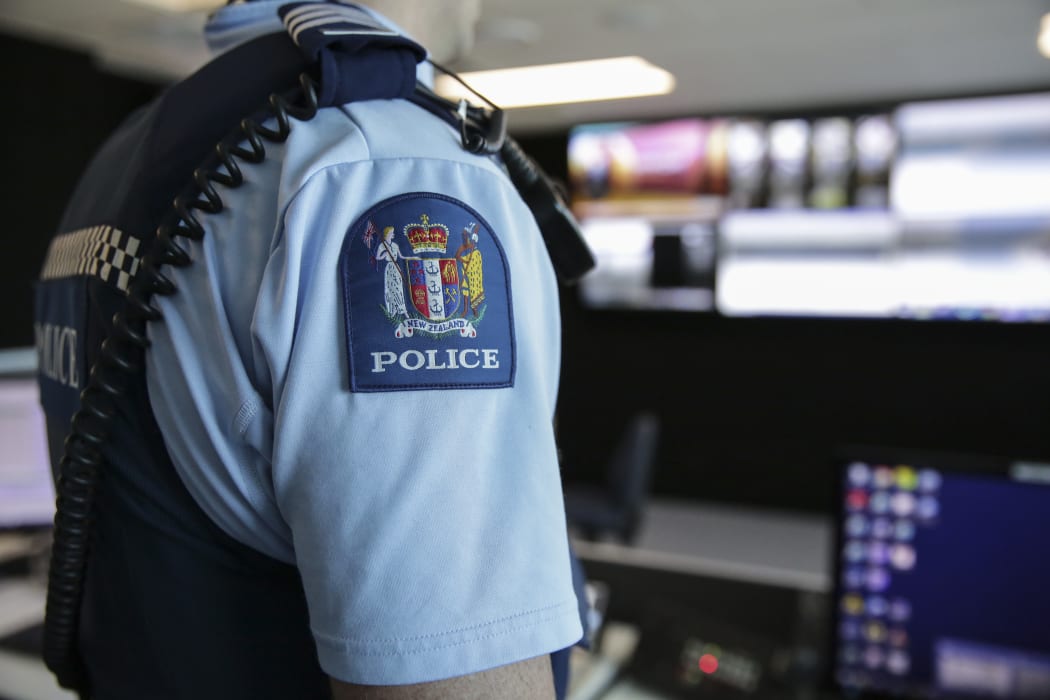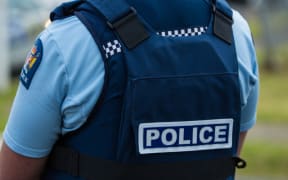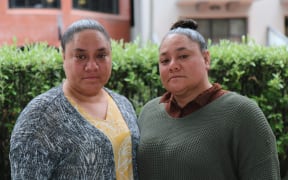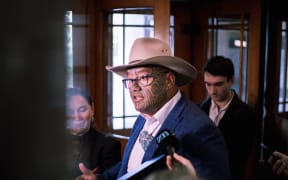Police have handed their internal review into the practice of photographing young people to two independent watchdogs.

Police today said they would not publicly release their report at this time, because it had been given to the Independent Police Conduct Authority and the Office of the Privacy Commissioner. (File image) Photo: Richard Tindiller
RNZ revealed in December 2020 that officers in Wairarapa were unlawfully photographing young Māori.
Whānau described their sons - some as young as 14 - walking alone in broad daylight, when police approached and insisted they take their picture.
The rangatahi were not doing anything wrong, nor being arrested.
Subsequent reporting by Te Aniwa Hurihanganui suggested the practice is widespread.
Police today said they would not publicly release their report at this time, because it had been given to the Independent Police Conduct Authority (IPCA) and the Office of the Privacy Commissioner (OPC).
The pair are conducting a joint inquiry - prompted by RNZ's reporting - into how police photograph the public.
The IPCA today said the report was "well advanced" and it would be released in the first quarter of this year.
Earlier this month, police announced that as a result of their internal investigation, they would now not take pictures or fingerprints of young people unless they were arrested or summonsed.
In addition, they said they would delete all photos of young people already taken on police-issued phones.
When a picture is taken, only official cameras or photographers should be used.
At a pinch, a mobile device could still be used by officers, but the photo must be deleted off the phone once it was uploaded into police's national intelligence database.
Inquiry broadened after police tell of other instances
The IPCA and OPC's inquiry initially announced in December 2020 that was looking at the practice of photographing young people.
But in March 2021 when it released its terms of reference, they announced they were broadening its scope to include all members of the public who were photographed when not being detained or suspected of committing an offence.
The terms of reference noted that after the IPCA made initial inquiries with police in December 2020, police told them there was a similar situation in Whanganui in 2014 where officers were photographing young Māori.
It also noted another incident in Northland. Police admitted to unlawfully using road blocks to gather intelligence for years.
Officers illegally detained a woman and breached her privacy by photographing her and her partner at a checkpoint in 2019.
Police said officers were acting with the best of intentions, and did not know it was unlawful.
Key considerations of the combined independent inquiry
- Whether what happened in Wairarapa followed police policy and was legal
- How widespread and why police are photographing the public
- The variations in the practice nationwide
- What best practice should be and what restrictions are needed
- Any compliance and enforcement actions for any privacy breaches






